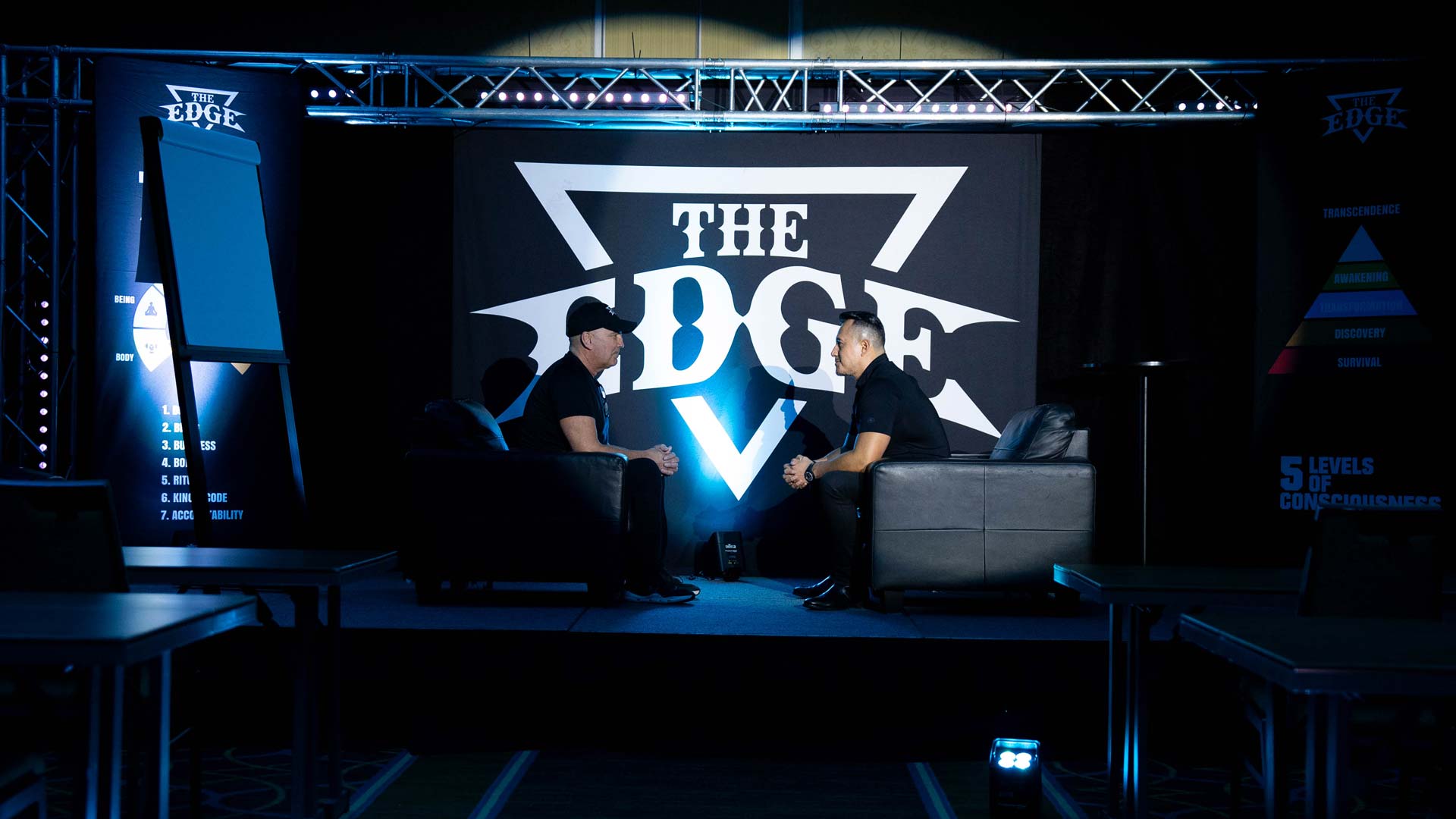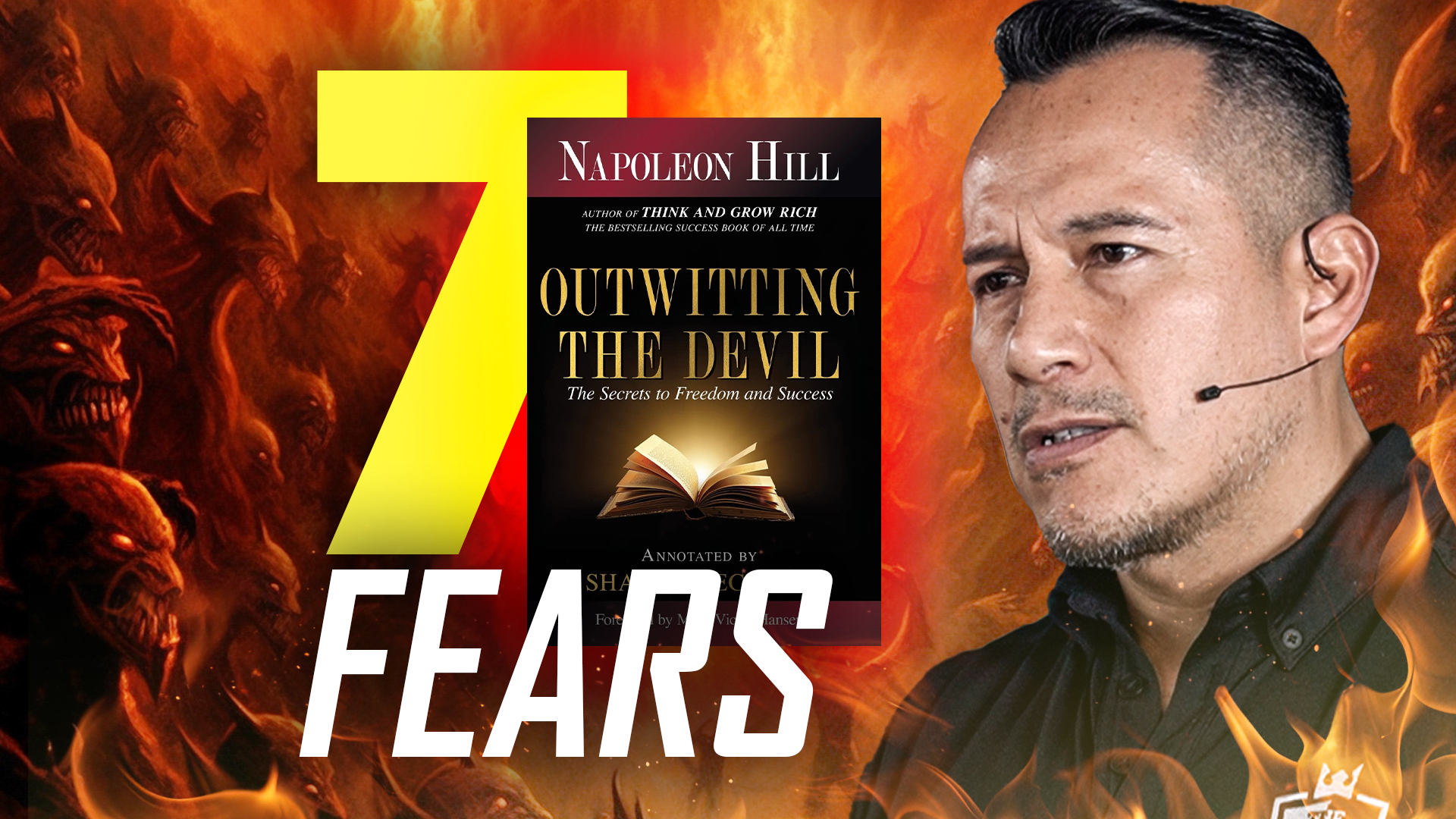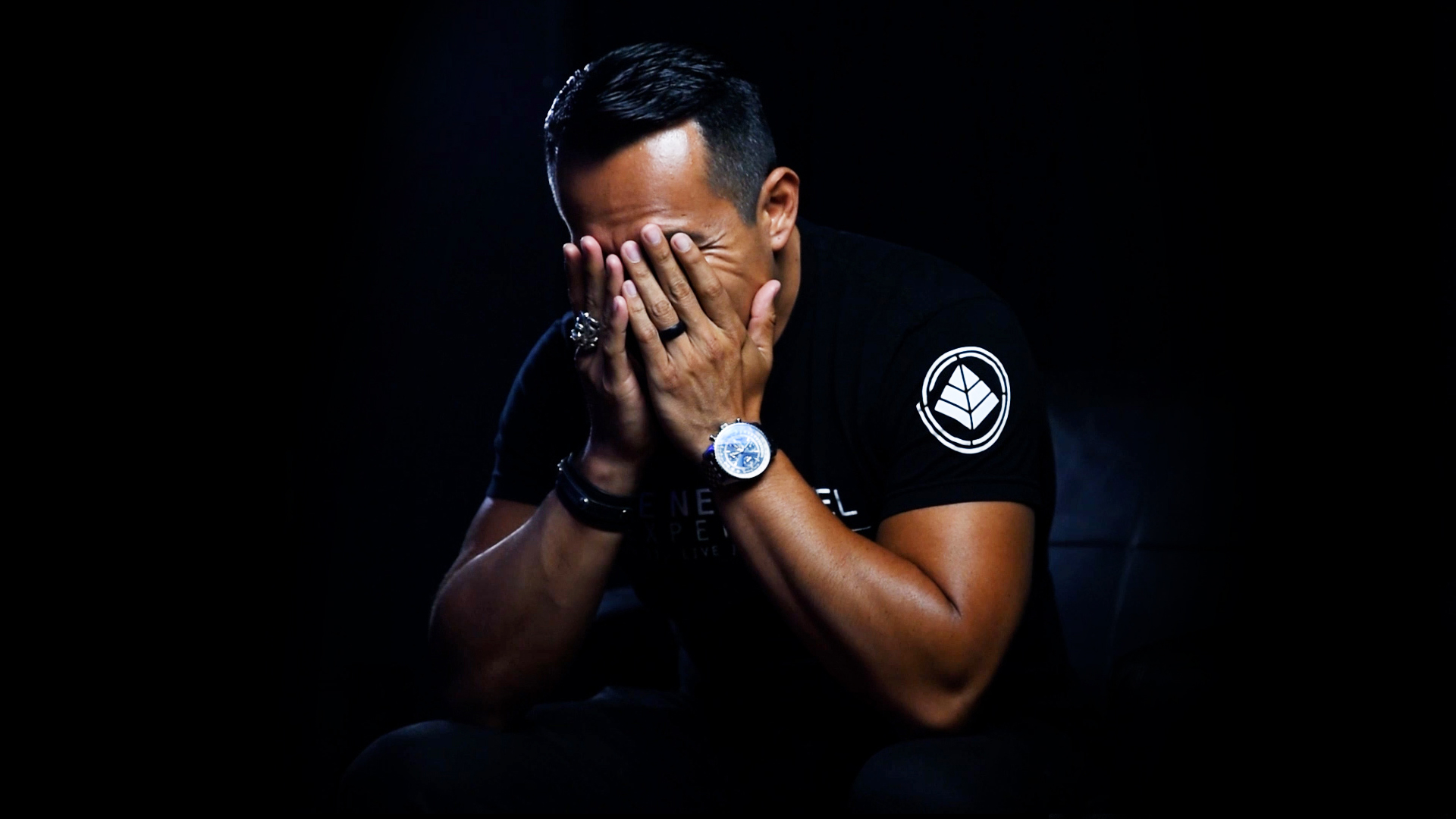Overcoming Entrepreneurship Burnout: The 5 Levels of Commitment

There are 5 levels of commitment. Your reason why and your clarity on why you want to succeed is what makes the difference between success and failure. The reason WHY is a reflection of your commitment.
1 – “I have to.”
This is the weakest level of commitment. At this level, you work out of obligation. You will find any excuse not to follow through. At this level, you are constantly drained of energy because you’re always overcoming excuses and waiting to be motivated.
2 – “I need to.”
This is a stronger level of commitment because your reason why is stronger than your excuses. But you still work out of guilt and obligation. You have a needy energy, which repels abundance. You will bend your values to get what you want.
3 – “I want to.”
This energy will get some results, but they will come with casualties. The “I want to” is the warrior. The warrior gets shit done, but the warrior only cares about himself. As a result, there is a high cost to getting results.
4 – “I must”
The “I must” energy gives you creativity and innovation. You find a way when most people can’t. The “why” is bigger than you, so nothing will stop you until you happen.
5 – “I get to”
This is the most powerful level of commitment. This is the level where you appreciate the journey. You get to give value, or provide for your family, etc. You don’t have to wait to get to some level of success before you are happy, you’re already happy. When you have the perspective of “I get to,” there are no excuses, only reasons why
It takes mastery to get to the “I get to” energy. The “I get to” energy is synonymous with the King mindset. When you are a King, you are enjoying the journey and expanding your capacity as you go.
CONNECT WITH ME
We’d love to hear your feedback, join my text community by sending a message to: (203) 405 – 9199





